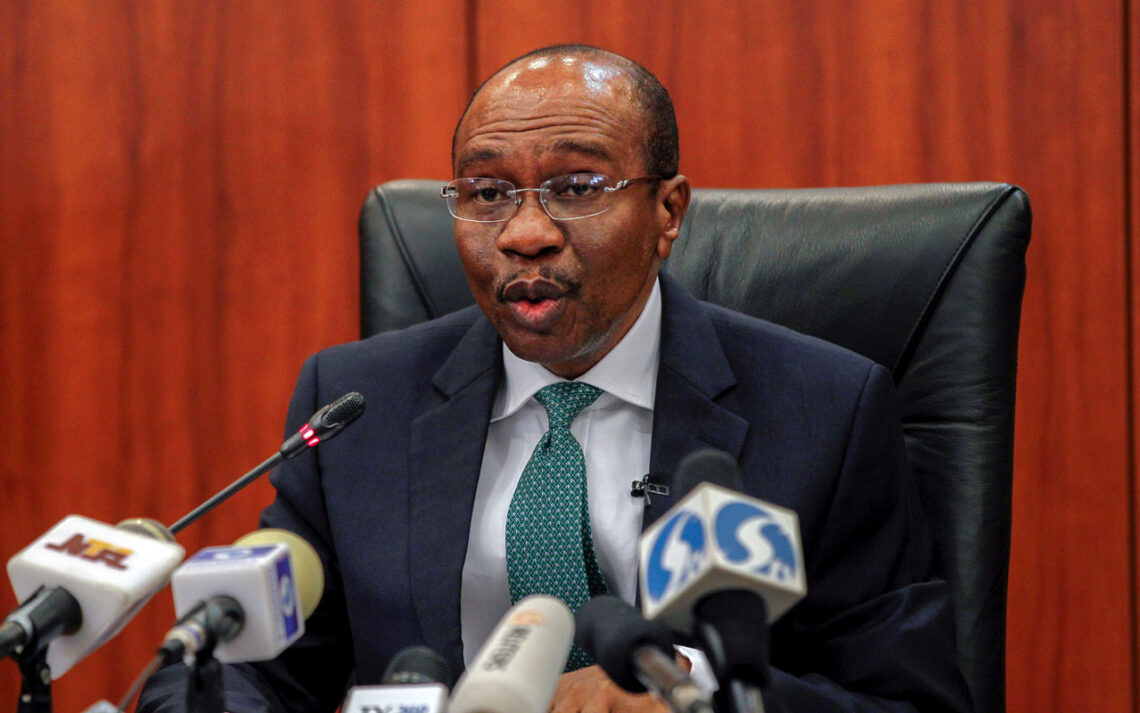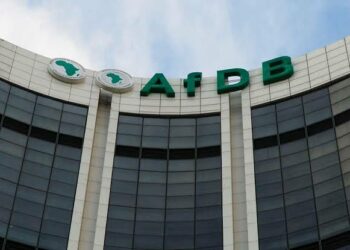As the country heads to the polls, analysts at Access Pensions has said, tackling the exchange rate crisis will be key for the incoming government amongst other issues.
This is even as they urged the Central Bank of Nigeria(CBN) to work more on improving foreign exchange inflow in the country. Analysts in their 2023 outlook, noted that, they expect the economy to grow by 3.5 per cent irrespective of the elections.
The analysts noted that winner of the 2023 presidential elections will likely be facing a much higher oil price environment but will need to tackle a host of issues across insecurity, a growing debt burden, burdensome petrol subsidies and a broken exchange rate system.
In between the election and transition, they expected economic activities to muddle through the year and see real GDP growth around at 3-3.5 per cent in 2023, flattered by a recovery in oil output from the depressed theft driven levels of 2022 and stabilisation in the non-oil sector.
Against this backdrop and clarity on the political scene after the elections, they thought the CBN could look to improve dollar supply within the official segment and tolerate some weakening in the IE window exchange rate towards levels north of NGN500/$.
In the face of potential adjustments to petrol prices and persisting Naira weakness, the experts expected inflation to remain elevated over 2023 (18%-20%) which will likely see the CBN retain a hawkish stance on interest rates over the year.
“In terms of investment opportunities, we view the combination of inflation remaining sticky at elevated levels (18-20%), the potential for further Naira adjustments and large government borrowing requirements with limited fiscal recourse to CBN financing as suggestive of a high interest rate environment over 2023.
“After two years of unorthodox monetary policy, we expect the CBN will look to tighten policy to bring down inflation and stabilize the currency by raising the returns for holding Naira.
“For equity markets, while a smooth transition of power is positive for investment outlook, we expect offshore investor appetite for Nigerian equities to remain weak pending a credible adjustment in the Naira and increased flexibility in the exchange rate system,” they pointed out.
On fiscal policy, Access Pensions analysts said, “Pending a clean break from the petrol subsidies currently funded via the crude-for-refined product swap we think revenues are likely to tail projections, as such financing requirements will remain large in the face of potentially reduced funding from the CBN.
“The latter point reflects likely conclusion on the planned securitisation of Ways & Means debt. Our view on high global interest rates suggests limited recourse to Eurobond markets.
“Key risks to our 2023 outlook revolve around political risks and commodity prices.
“On the former, in the event of disorderly conclusion to the general elections resulting in widespread violence, markets could react negatively as investors scamper for safety.”
For Nigeria, whichever way the elections pan out, they believe focus will quickly shift towards decisions on key economic issues: insecurity, FX policy and petrol subsidies which could bring near term inflation.
To them, “Given Nigeria’s weak fiscal position however, our base case scenario is for a partial adjustment to petrol pump prices in 2023 alongside further weakening of the official exchange rate. In response to the elevated inflation levels, we expect monetary policy to remain tight, which alongside large government borrowings, speaks to a higher interest rate environment.”





